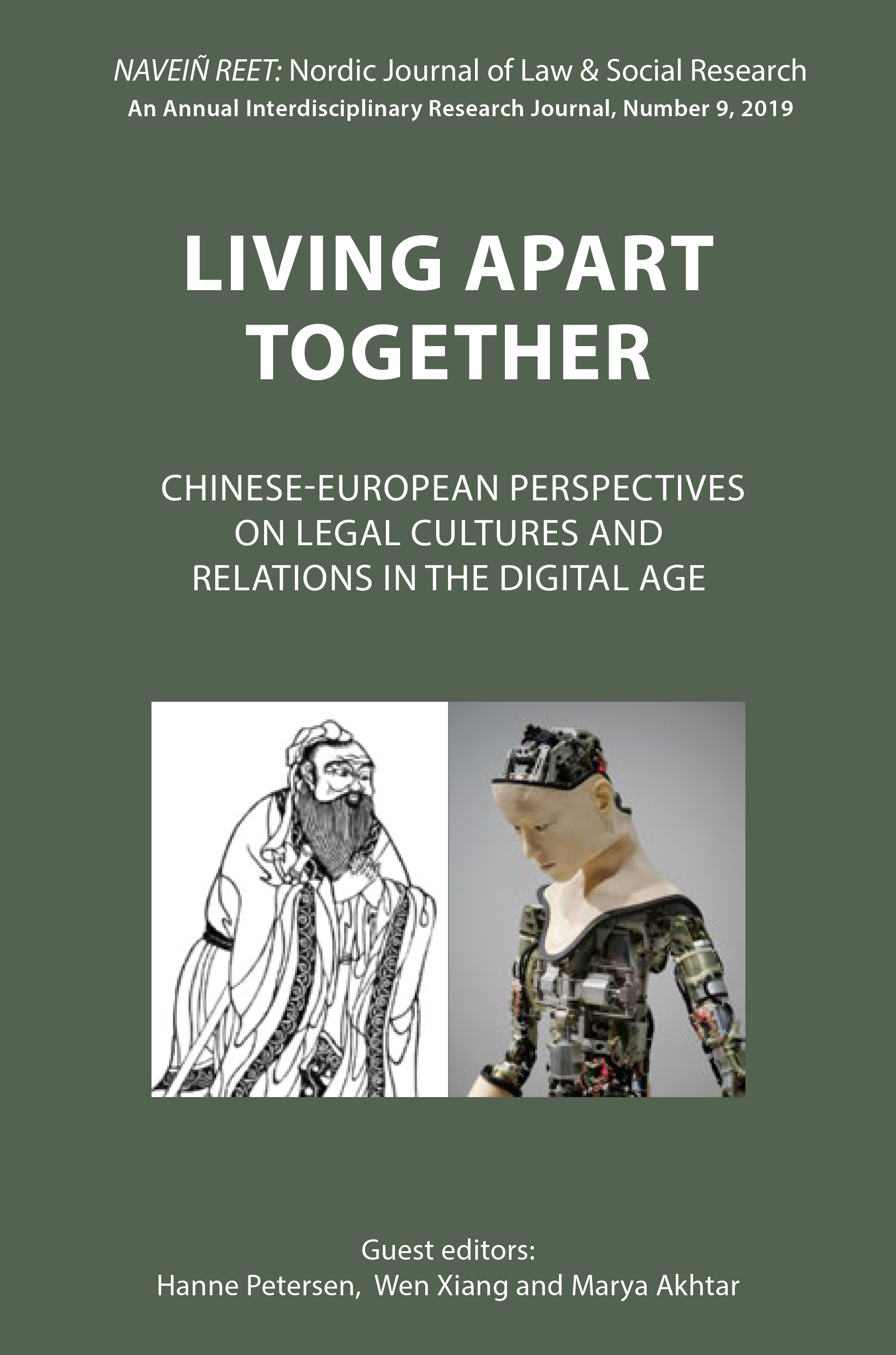Decoupling Accountability and Liability
Case Study on the Interim Measures for the Opening of Public Data in Shanghai
DOI:
https://doi.org/10.7146/nnjlsr.v1i9.122163Abstract
As open public data initiatives have become prevalent among local and national governments across the globe with promises of benefits such as increased accountability, challenges, especially the governments’ lack of willingness to open public data, have also begun to emerge. Existing governance research on open public data primarily focuses on how open public data can increase the accountability of public bodies. The important steps in achieving accountability are, however, ignored. In this paper, we view the perceived risk of liability as a barrier for the public bodies to disclose their data in the first place, and hence to achieve accountability as a desired outcome. We explore the link between perceived risk of liability and accountability by looking into the recently announced Interim Measures for the Opening of Public Data in Shanghai as an example of a local regulatory initiative of open public data. Our findings show that by identifying the specific data entities and outlining their corresponding duties, the interim measures clarify the roles of different public bodies and under what conditions they can incur liability. By introducing an exemption clause, they also provide public bodies with legal flexibility to cope with uncertain consequences of data utilization. In this way, we argue that the interim measures, outlining duties for specific entities in data opening in accounting for the consequences of data utilization while remaining flexible due to their temporality, constitute a novel regulatory approach towards reducing the legal uncertainty around perceived risks of liability in the area of open public data, hence potentially contributing to increased accountability.
Downloads
Published
How to Cite
Issue
Section
License
Counting from number 12 (2022), articles published in NNJLSR are licensed under Attribution 4.0 International (CC BY 4.0). Readers are allowed to copy and redistribute the articles in any medium or format, to adapt and revise the articles, and use the articles for commercial purposes, provided that the readers give appropriate credits.
No Creative Commons licenses are applied on articles in number 1 (2009)-11 (2021). All rights reserved by the authors. Readers are allowed to download, read, and link to the articles published in volume 1 (2009)-11 (2021), but they may not republish or redistribute these articles without permission of the authors.

